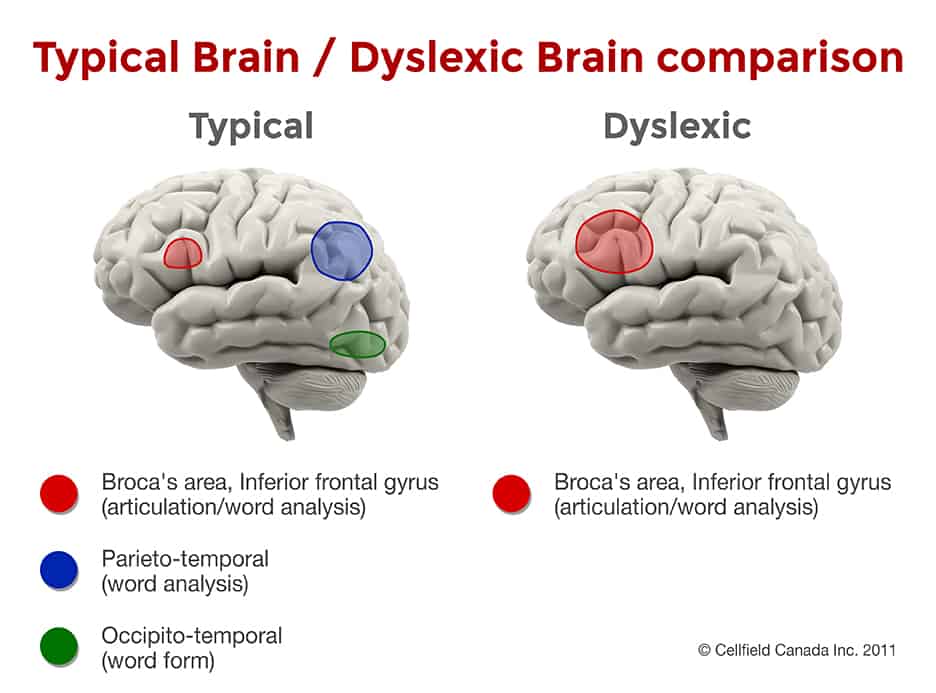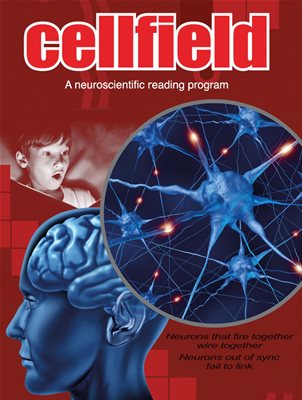The Surprising Link Between Crawling, Core Muscles & Reading Difficulties
The Myth of Practice-Makes-Perfect When Sheila came to see me, seeking reading therapy for her son, Kyle, she was skeptical when she learned that reading therapy was not the traditional tutoring she had imagined. It’s normal for parents to think their child just needs more one-on-one practice. For many of us ‘practice-makes-perfect’ is the only…
Continue Reading









